30+ Sample Job Duties
-
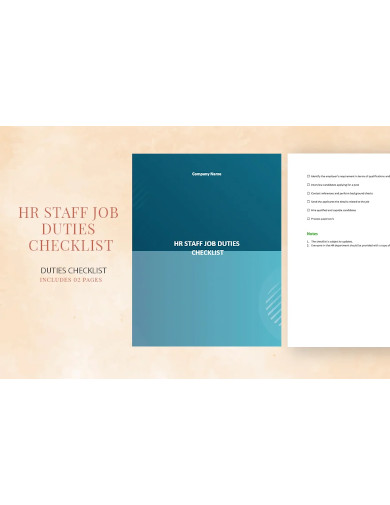
HR Staff Job Duties Checklist
download now -
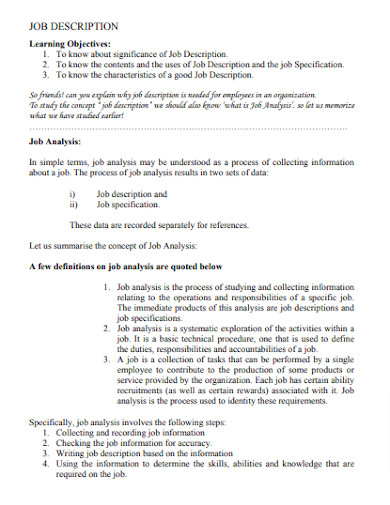
Job Specification Job Duties
download now -
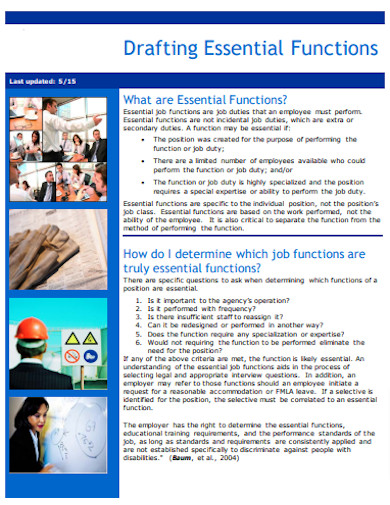
Job Duties Functions
download now -
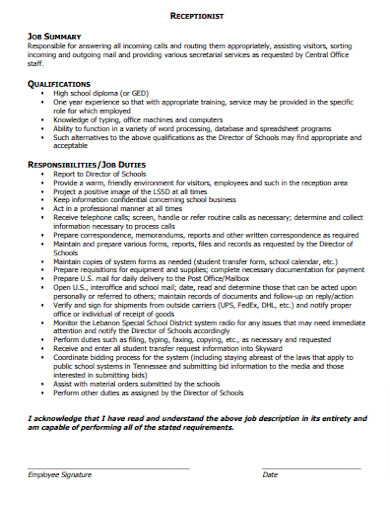
Receptionist Job Duties
download now -
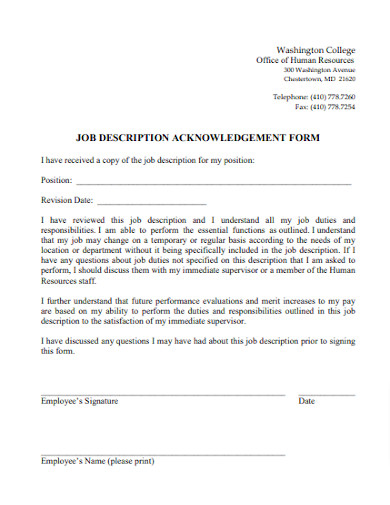
Simple Job Duties
download now -
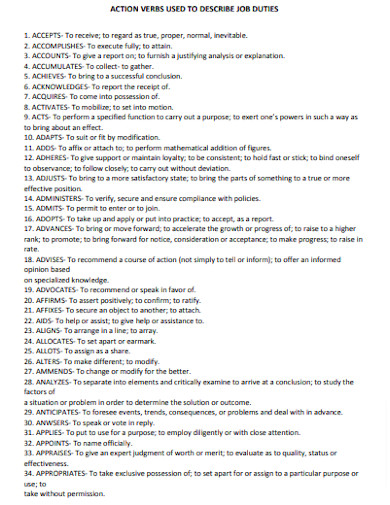
Printable Job Duties
download now -
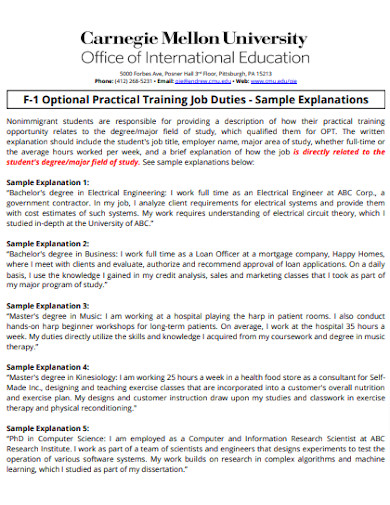
Practical Training Job Duties
download now -
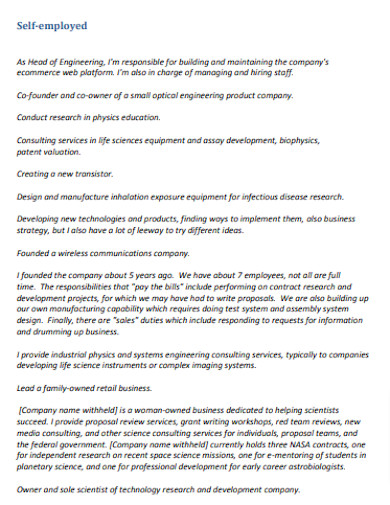
Self-Employed Job Duties
download now -
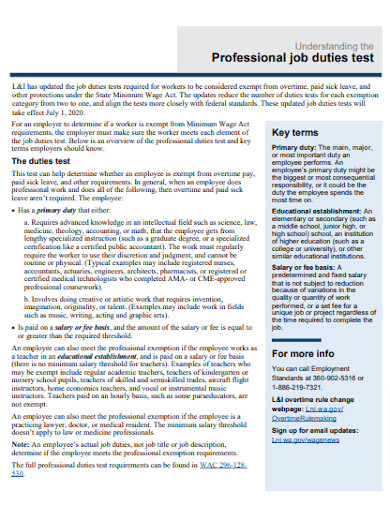
Professional Job Duties
download now -
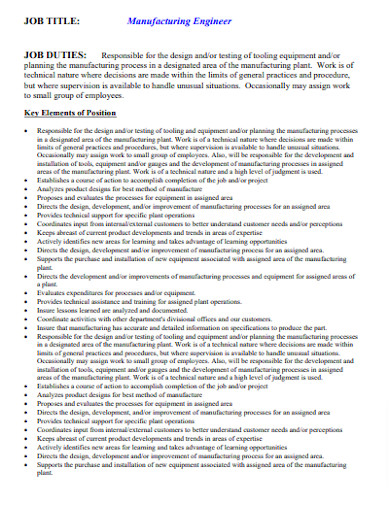
Manufacturing Engineer Job Duties
download now -
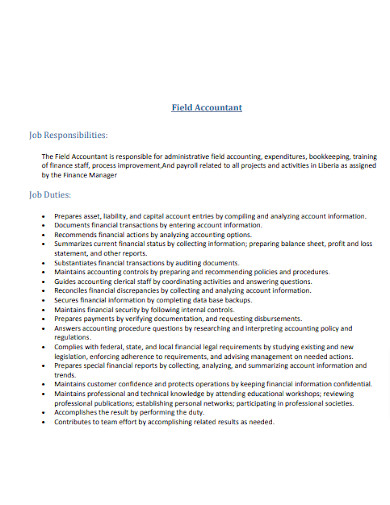
Field Accountant Job Duties
download now -
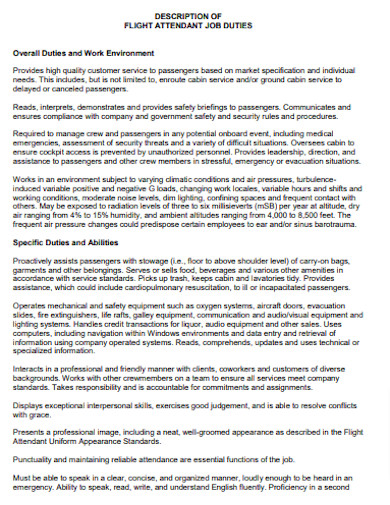
Flight Attendant Job Duties
download now -
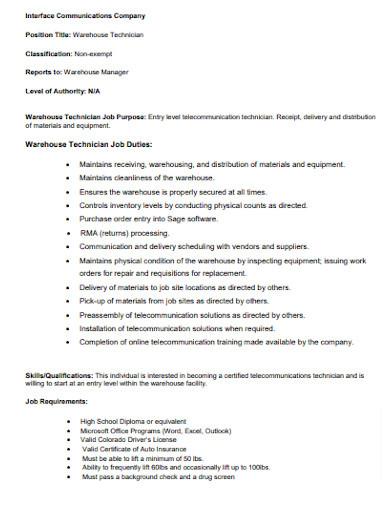
Technician Job Duties
download now -
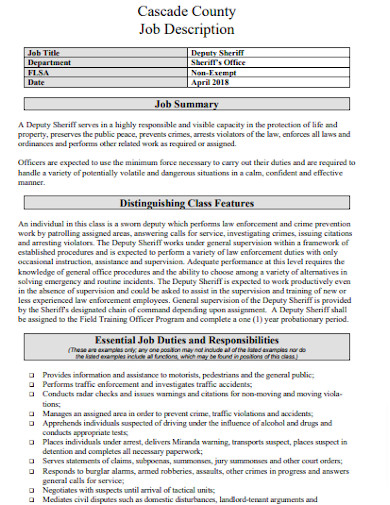
Sample Job Duties
download now -
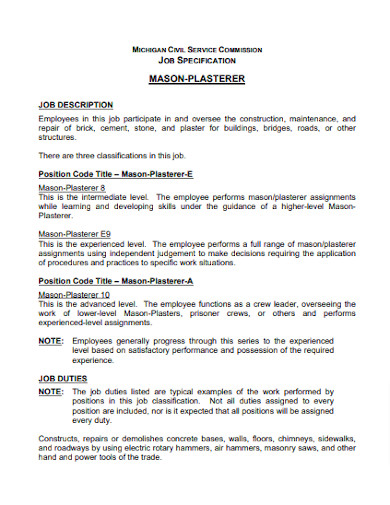
Employee Job Duties
download now -
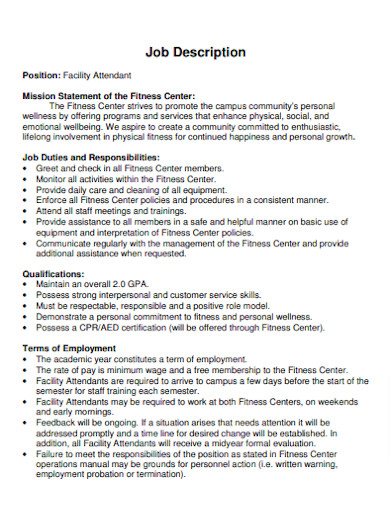
Facility Attendant Job Duties
download now -

Editable Job Duties
download now -
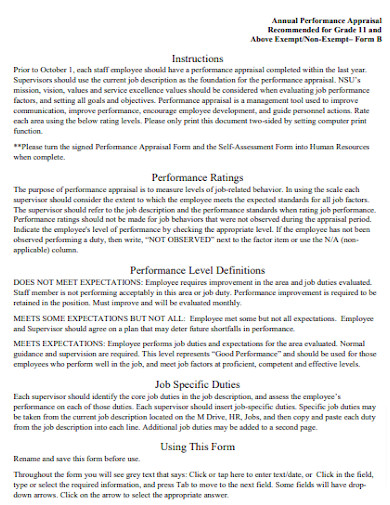
Job Specific Duties
download now -
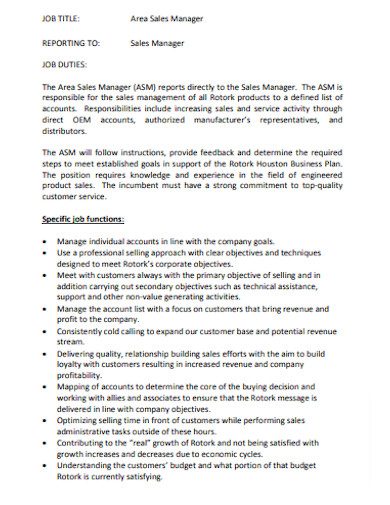
Sales Manager Job Duties
download now -
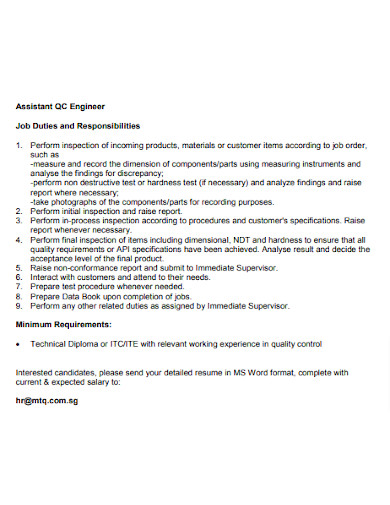
Assistant Job Duties
download now -
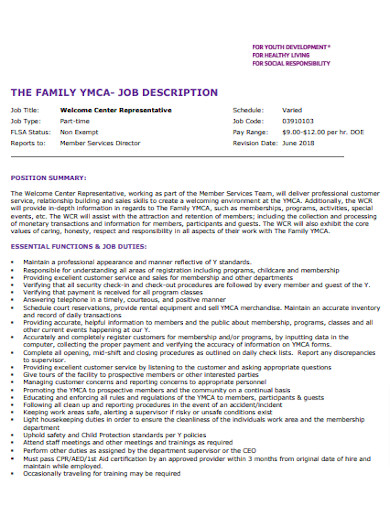
Part-time Job Duties
download now -
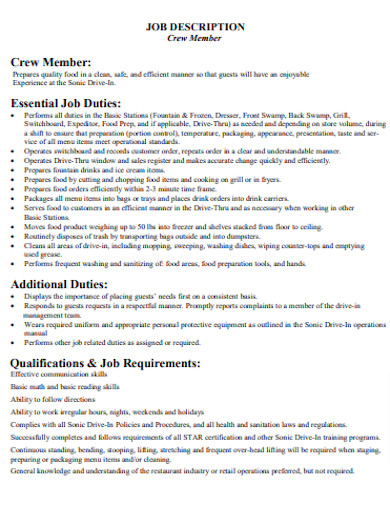
Essential Job Duties
download now -
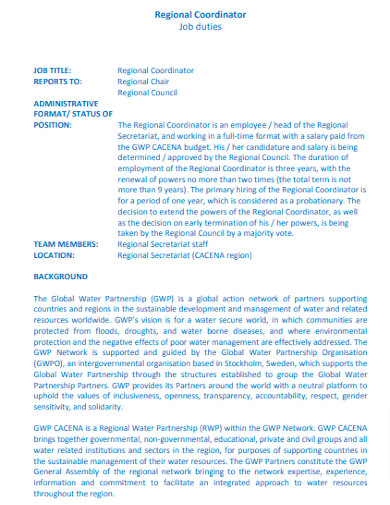
Regional Coordinator Job Duties
download now -

Blackboard Job Duties
download now -
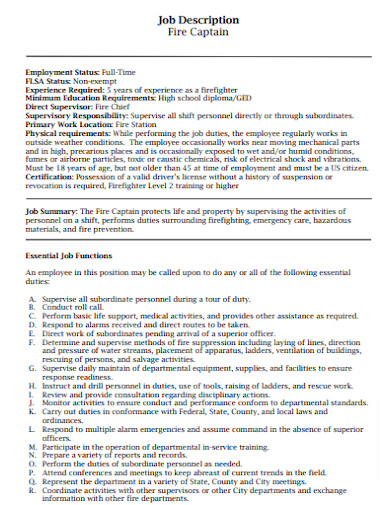
Captain Job Duties
download now -
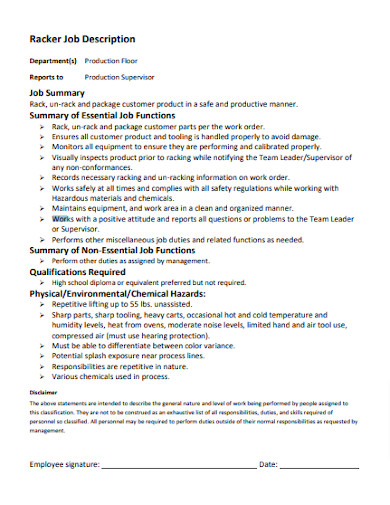
Racker Job Duties
download now -
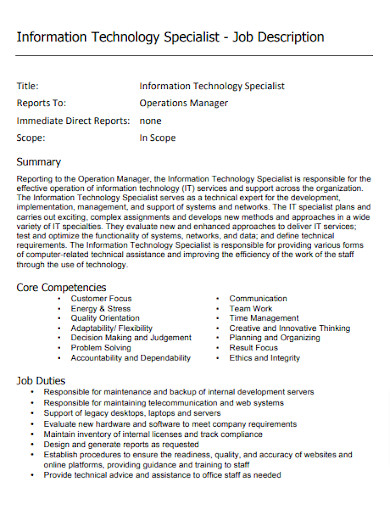
Technology Specialist Job Duties
download now -
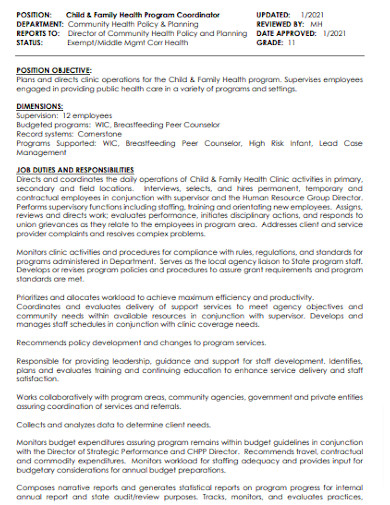
Basic Job Duties
download now -
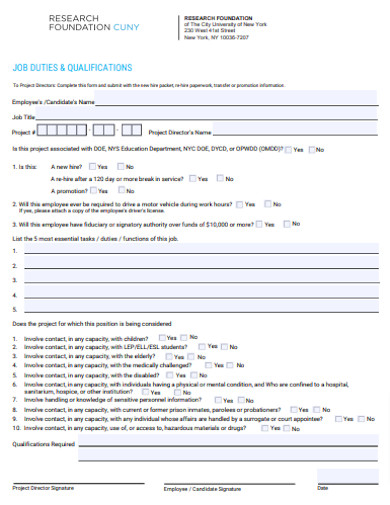
Job Duties Fillable
download now -
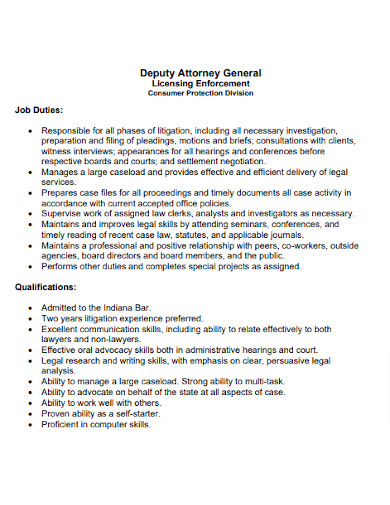
Deputy Attorney General Job Duties
download now -
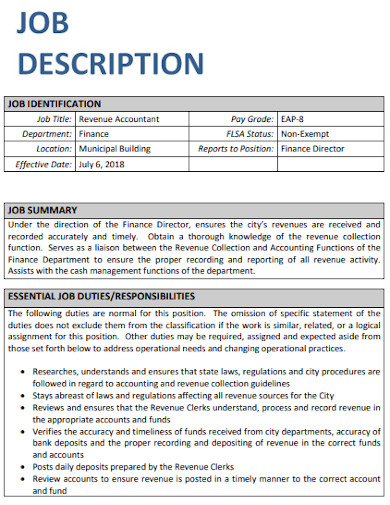
Revenue Accountant Job Duties
download now
What Is a Job?
A job is your labor to earn money to meet your basic needs. It may be a full-time or part-time, temporary position. Instead of a salary with benefits, you may receive an hourly wage or a fixed paycheck. Specific skills related to the work may be necessary, but not all jobs require a specialized degree or advanced training. In exchange for regular compensation, companies expect their employees to perform their assigned tasks list and assume responsibility for the responsibilities assigned to them. A job can also be defined as a temporary or permanent agreement between an employer and a worker. For example, a business may employ a local contractor to renovate an office. They agree on payment schedules, and the work concludes when the project is finished.
Benefits of Having a Job
There are numerous advantages to having a job beyond earning an income. Financial independence could be the primary objective of employment. It is a viable way to support yourself and your family financially. Some individuals may have well-defined career objectives, pursue relevant degrees, and acquire the skills required for specific positions. Some people may choose to study and train on the job while working jobs that can provide them with a living. Individuals can pursue full-time, part-time, contractual, and freelance work agreement opportunities based on their preferences and needs. The majority of occupations offer numerous benefits. A job can provide security, a sense of purpose, and routine professional stimulation. It can help you acquire new abilities and expand your professional network. People can select a job based on their formal educational credentials, experience, interests, needs, and location. If you are preparing for your first job or planning a job transition, you may be interested in learning about the advantages of a job. Among the benefits of having a work are the following:
How to Find a Stable Job
Both jobs and careers allow us to make enough money to support our families and ourselves, but they are different. Planning your professional goals requires knowing whether you aim for a career or a job. If you’re still interested, here are some ways to get stable work.
1. Seek Out the Best Employment
Before beginning your job search, consider the type of position you desire, your desired salary, and any other essential benefits, such as health or dental insurance. You may also take a career assessment or seek career counseling or counseling to help generate ideas and motivate you to begin your job search. Reviewing your resume may also help you determine your future career goals. Consider what you liked best about your previous positions and whether you want to continue in the same or similar field. This is an excellent opportunity to update or revise your resume and to emphasize your most impressive skills, knowledge, prior work experience, and accomplishments.
2. Start Your Job Hunt
A job database is an essential resource that you may utilize when you begin your job search. Typically, these sites allow you to apply various filters to your job search results, allowing you to locate positions that best match your skills, qualifications, work experience, and interests. Using these filters can assist you in narrowing your job search, improving your prospects of finding a desirable position, and helping you in customizing your resume. Also, you can read employee evaluations of various companies to learn about their work environment and whether or not their former employees enjoyed working there. It can be helpful to list the rates you seek in a future career to use as a reference while searching.
3. Network Effectively
Posting jobs on online job boards can be helpful, but networking is also crucial for finding a job you enjoy. You can begin by examining your social media connections to see if you know someone who already works at the company where you wish to apply. If they appreciate working there or the company’s culture appeals to you, you can inquire about available positions. Your connections may also provide valuable information about the company, including its interview process and any lesser-known benefits or compensation information. One of your connections may also write you a recommendation, increasing your chances of obtaining an interview when you submit.
4. During Your Interview, Ask Questions
When you arrive for your interview, bring a list of queries to ask the interviewer. These queries may pertain to your goals, the specifics of the position, or the organization’s overall corporate culture. For instance, inquire about a typical day for the job you’re interviewing for or the benefits structure. Your interview is an opportunity to learn more about the company, the employer, and the position than was provided in the online job posting.
5. Research the Company’s Culture
You may still have concerns about a potential employer. Even if the job posting is appealing, you may need to learn more about the position, the company, its values, and the work environment. It is essential to consider the type of career you wish to pursue in the future and whether this job will help you achieve it.
FAQs
How important is work life?
Employers can derive several benefits from a satisfactory work-life balance. A greater dedication and motivation to work increases productivity, decreases absenteeism, and improves physical and mental health. Achieving this equilibrium can also improve personal relationships.
Why does work give meaning to life?
Meaning in life is likely enhanced by work engagement, as dedicating oneself to work tasks reports may give employees purpose and coherence in their days and a sense of significance in their lives.
Why is it important to work hard in life?
Dedicating ourselves to hard labor teaches valuable life lessons, including perseverance, attentiveness, responsibility, problem-solving, and self-discipline. In turn, these teachings benefit us in other areas.
It is essential to consider the best job opportunity for you right now and how this may change throughout your career plans. Although finding a job that aligns with your interests and career goals can be challenging, it is vital to remain focused and optimistic to increase your chances of success. Before you start looking for jobs, you can tailor your sample resume to the type of position you desire and highlight the most impressive aspects of your work experience, abilities, and qualifications to help you impress hiring managers.
